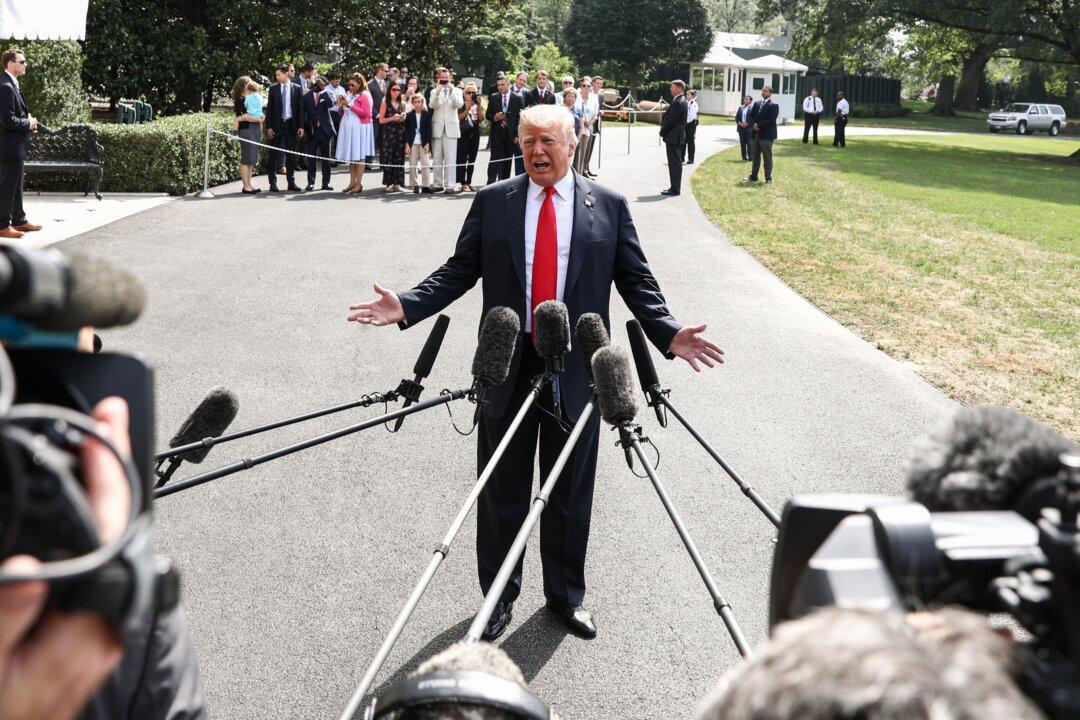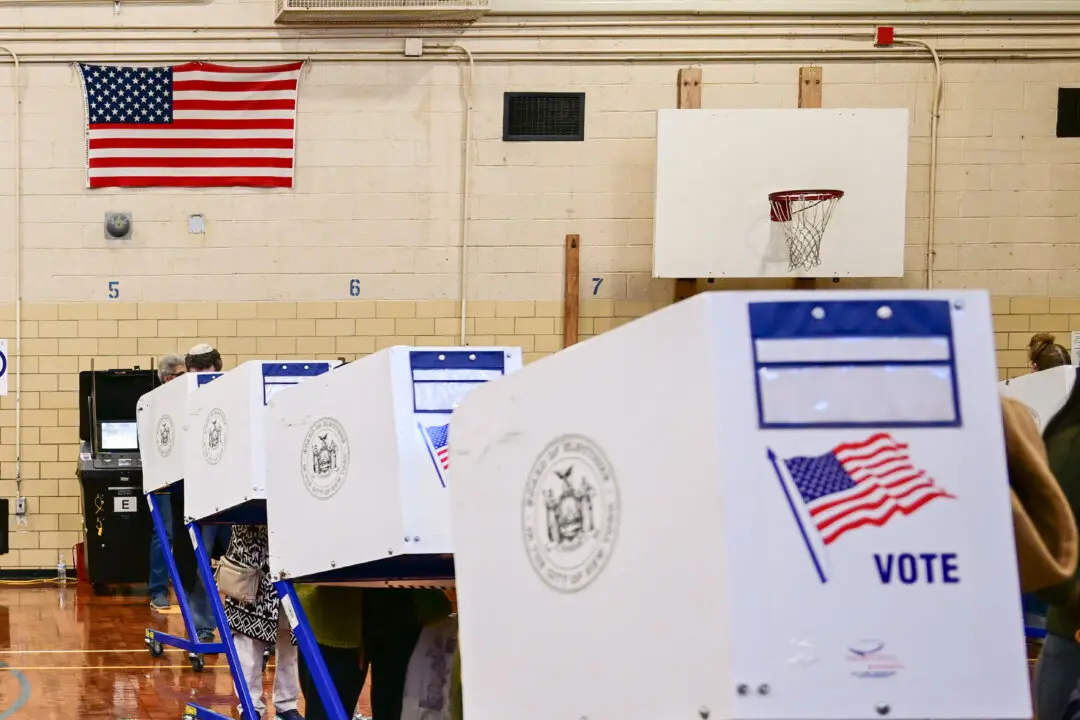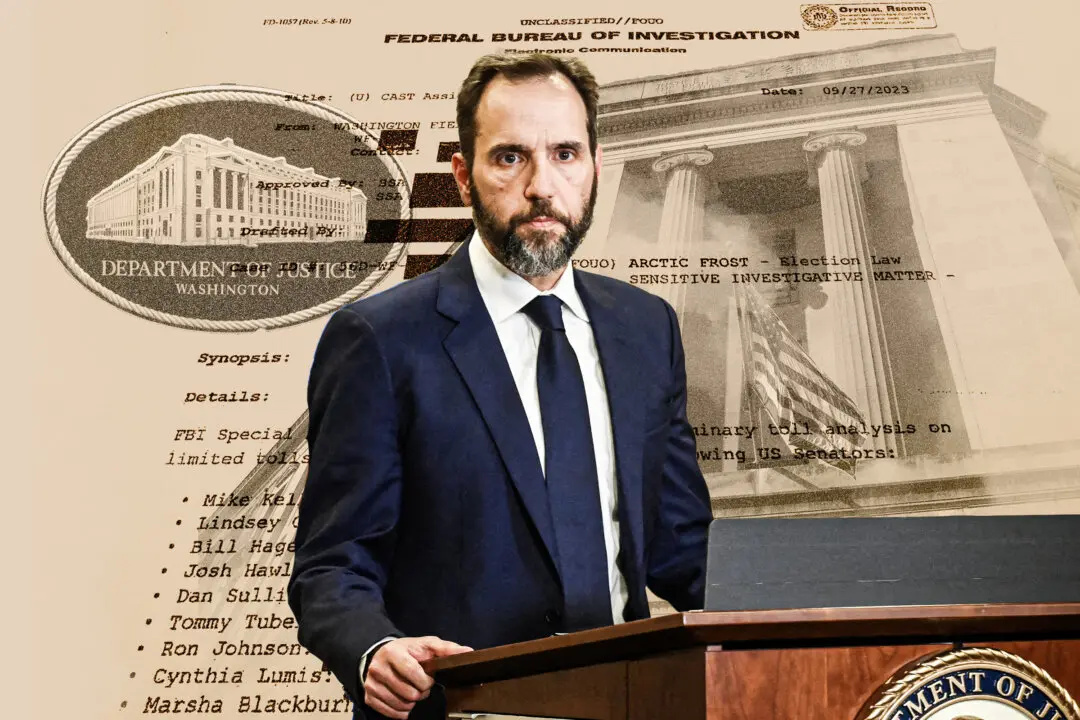President Donald Trump has received 92 percent negative evening news coverage from the main broadcast networks of ABC, CBS, and NBC.
“Over the summer, the broadcast networks have continued to pound Donald Trump and his team with the most hostile coverage of a President in TV news history,” Rich Noyes of the Media Research Center (MRC) said in an Oct. 9 article.





